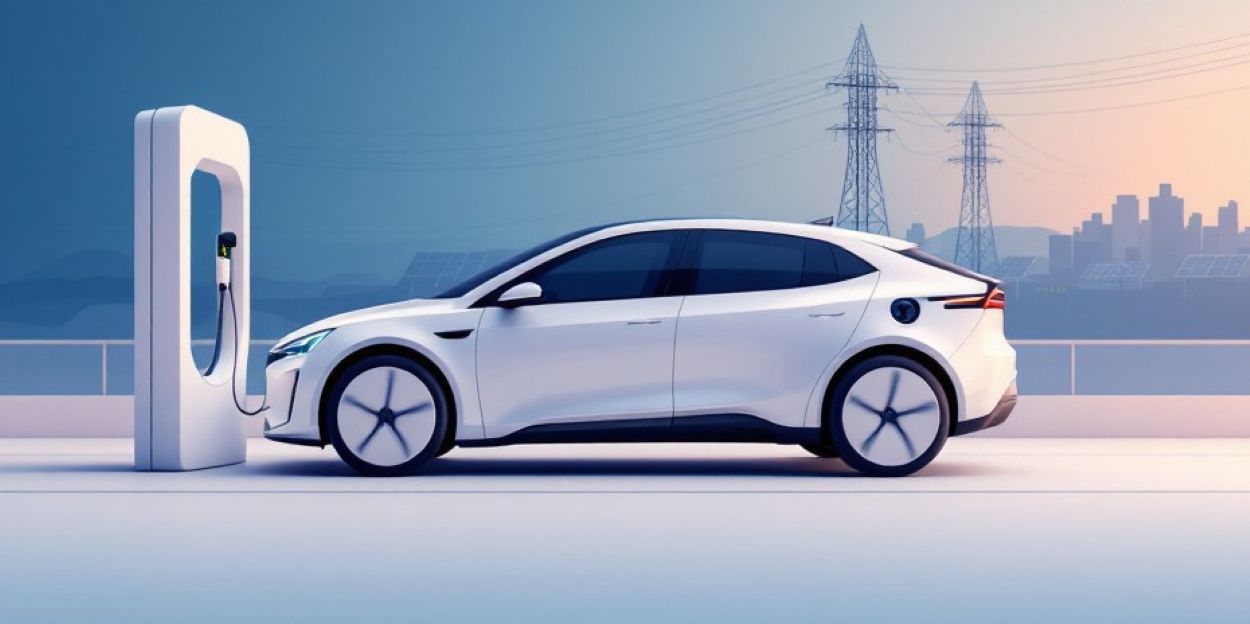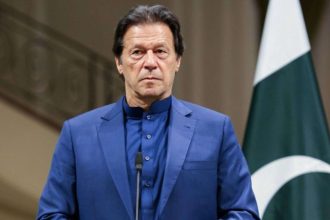Pakistan unveiled its National Electric Vehicle (NEV) Policy 2025–30, aiming to revolutionise transportation with clean, affordable, and sustainable solutions. This article explores the policy’s goals, incentives, and environmental impact.
Special Assistant to the Prime Minister Haroon Akhtar Khan, joined by the Ministry of Industries and Production Secretary Saif Anjum and EDB CEO Engr. Khuda Bukhsh announced the policy. It aligns with Pakistan’s Paris Agreement commitments to reduce carbon emissions and urban air pollution. Key targets include:
- 30% Electric Vehicles by 2030: Ensuring 30% of new vehicle sales are electric, saving 2.07 billion litres of fuel annually (~$1 billion in foreign exchange) and cutting 4.5 million tons of carbon emissions.
- Subsidies: A Rs. 9 billion subsidy for 2025–26 will support 116,053 electric bikes and 3,171 e-rickshaws, with 25% reserved for women to promote inclusive mobility. A five-year Rs. 100 billion program is planned.
- Infrastructure: 40 new EV charging stations on motorways (every 105 km), battery swapping systems, vehicle-to-grid schemes, and mandatory EV charging points in new building codes.
The policy incentivises local manufacturing, with 90% of two- and three-wheeler parts already produced domestically. Sixty-one licenses have been issued for electric motorbikes, three-wheelers, and two for EVs. Special support packages for SMEs and the AIDEP tariff facility (until 2026) aim to enhance localisation.
https://t.co/q4uTo8wcXq reserves cross $17bn mark
2.National Electric Vehicle Policy 2025–30 launchedhttps://t.co/WZgWHUHADD for finalising industrial policy at the earliest
4.Lucky Cement clarifies that its Iraq plant is operational after rumors of drone attack pic.twitter.com/xs9twnO8xv
— Chase Securities Pakistan (Private) Limited (@ChaseSecurities) June 20, 2025A digital platform ensures transparent subsidy applications, while a steering committee conducts regular reviews. The Auditor General of Pakistan will audit performance every six months, ensuring accountability.
Haroon emphasised, “The transport sector is a major contributor to emissions. This policy supports industrial growth, energy efficiency, and job creation.” Reducing pollution is expected to save $405 million annually in healthcare costs.






